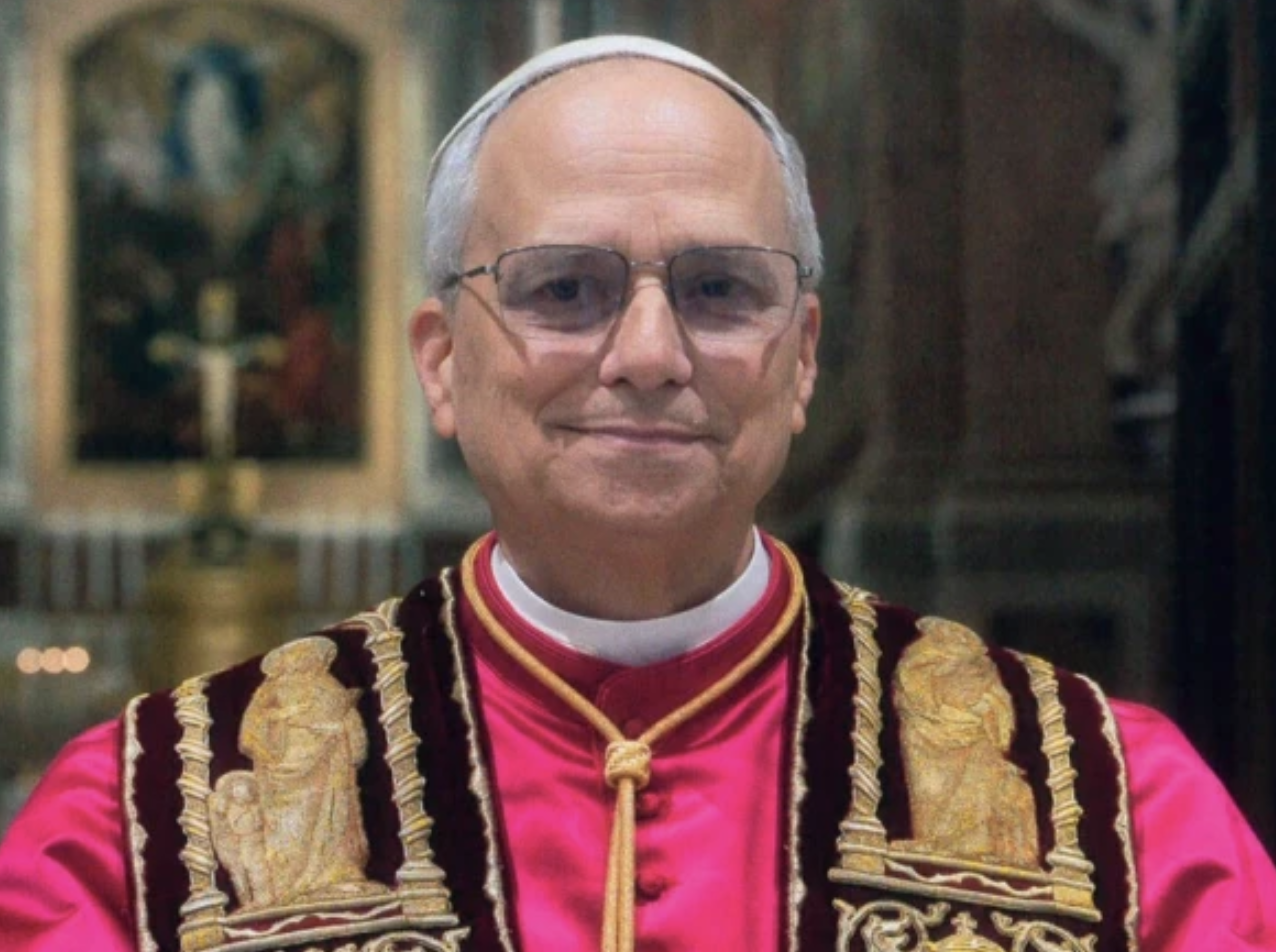On Pentecost Sunday, Pope Leo XIV left few doubts about the issue he wanted listeners to ponder during this symbolic event early in his papacy.
"The Spirit opens borders, first of all, in our hearts," he said, in the June 8 sermon. He later added, "The Spirit also opens borders in our relationship with others," thus "opening our hearts to our brothers and sisters, overcoming our rigidity, moving beyond our fear of those who are different."
Finally, he stressed: "The Spirit also opens borders between peoples. …Where there is love, there is no room for prejudice, for 'security' zones separating us from our neighbors, for the exclusionary mindset that, tragically, we now see emerging also in political nationalisms."
For members of the Religion News Association, this was the kind of dramatic appeal that made the Chicago native the top Religion Newsmaker of 2025. The runner-up was Democratic Socialist Zohran Mamdani, who was elected as New York City's first Muslim mayor. The assassinated evangelical activist Charlie Kirk placed third.
The top U.S. religion news story was a tie between the papal election and ongoing debates about President Donald Trump and immigration. The poll stressed the White House call for "sweeping deportations of immigrants lacking legal status. … Catholic bishops and other faith-based groups protest and report parishioners avoiding worship for fear of arrest."
The rise of Pope Leo XIV was the top 2025 international religion story, with the death of Pope Francis finishing second.
In November, the U.S. Conference of Catholic Bishops overwhelming approved a statement rejecting "a climate of fear and anxiety around questions of profiling and immigration enforcement. We are saddened by the state of contemporary debate and the vilification of immigrants." They condemned the "indiscriminate mass deportation of people."
While backing the U.S. bishops, Pope Leo told journalists outside Castel Gandolfo: "No one has said that the United States should have open borders. I think every country has a right to determine who and how and when people enter." Still, he criticized what he called "extremely disrespectful" or "inhuman" treatment of long-term immigrants who are living productive lives.










